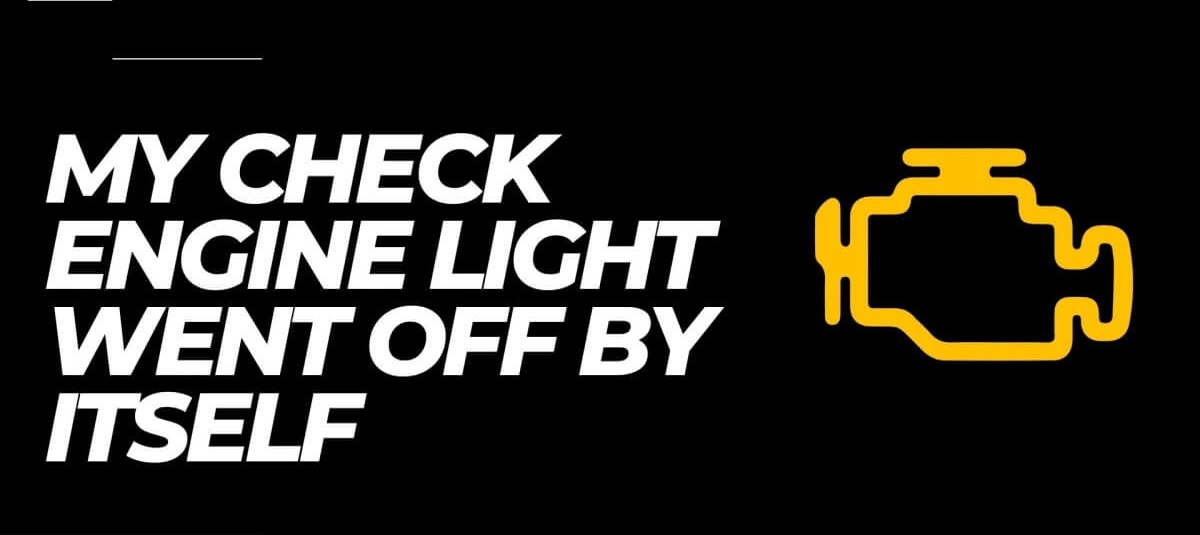The “Check Engine” light in your car can be one of the most frustrating and confusing indicators. You might notice that your engine’s light goes on and off intermittently, and it leaves you wondering whether there is a serious problem with your vehicle or if it’s just a minor glitch. In this article, we’ll explain what causes the engine’s light to behave this way, what you should do when it happens, and how to prevent it from becoming a bigger issue.
Why Does My Engine Light Go On and Off?
The “Check Engine” light, also known as the Malfunction Indicator Light (MIL), is part of your car’s onboard diagnostic system (OBD). This system monitors various components of your engine and emissions system. When the light comes on, it usually means that the car’s computer has detected an issue that needs attention. However, if your engine’s light goes on and off, it could be due to several reasons.
Also Read: Gary Frykind: A Visionary in Business and Innovation
1. Loose or Faulty Gas Cap
One of the most common causes of the engine’s light going on and off is a loose or damaged gas cap. The gas cap plays an important role in maintaining the pressure in the fuel tank and ensuring that harmful vapors do not escape into the atmosphere. If the gas cap is loose, cracked, or not properly secured, it can trigger the “Check Engine” light. Fortunately, this is a simple and inexpensive fix. Tighten or replace the gas cap, and check if the light goes off after a few miles of driving.
2. Faulty Oxygen Sensor
Another possible reason for your engine’s light going on and off is a faulty oxygen sensor. Oxygen sensors measure the amount of oxygen in your exhaust and help your engine’s computer regulate the fuel-to-air ratio. If the sensor malfunctions, it can cause poor engine performance, increased emissions, and lower fuel efficiency. In some cases, the engine’s light may flicker or go off intermittently if the issue is not constant. Replacing the oxygen sensor is a more expensive repair, but it’s essential for the long-term health of your vehicle.
3. Failing Catalytic Converter
A malfunctioning catalytic converter can also cause the engine’s light to come on and off. The catalytic converter is responsible for converting harmful gases from the engine into less harmful substances. If it begins to fail, it can cause engine misfires, poor acceleration, and increased emissions. When this happens, your engine light may flicker on and off, signaling that the issue needs attention. If left unchecked, a failing catalytic converter can cause severe engine damage.
4. Spark Plug or Wire Issues
Faulty spark plugs or spark plug wires can also cause the engine light to go on and off. Spark plugs are responsible for igniting the fuel and air mixture in the engine, and if they become dirty or damaged, it can lead to engine misfires. If your spark plugs or wires are in bad condition, the “Check Engine” light may come on intermittently as the engine struggles to maintain proper combustion. Replacing spark plugs and wires is an affordable repair and can improve engine performance.
5. Electrical Problems
Sometimes, the issue may be electrical. Problems with the car’s electrical system, such as a malfunctioning sensor or wiring issues, can cause the engine light to flicker on and off. Electrical problems can be difficult to diagnose without a proper diagnostic tool, so it’s important to take your vehicle to a professional mechanic if you suspect an electrical issue.
What Should I Do If My Engine Light Goes On and Off?
If your engine light goes on and off, it’s important not to ignore it. While some issues may be minor, others could indicate a more serious problem that could lead to expensive repairs or even a breakdown. Here’s what you should do:
1. Check the Gas Cap
If the engine light comes on and off and you haven’t checked the gas cap recently, start there. Tighten the gas cap securely and check if the light goes off after driving a few miles. If the light stays on, move on to other possible causes.
2. Scan for Diagnostic Codes
Use an OBD-II scanner to check for diagnostic trouble codes (DTCs). These codes can help pinpoint the specific issue triggering the engine light. Many auto parts stores offer free scanning services, or you can purchase a scanner for personal use. The codes can help you determine if the problem is something simple, like a loose gas cap, or more complex, like a failing oxygen sensor.
3. Consult a Professional Mechanic
If you’re unable to determine the cause of the problem or if the issue seems serious, it’s best to consult a professional mechanic. They have the experience and tools to diagnose the issue accurately and recommend the appropriate repair.
How Serious Is It If My Engine Light Goes On and Off?
The seriousness of the issue depends on the underlying cause of the engine light. Some issues, like a loose gas cap, are relatively minor and can be fixed quickly. However, other problems, like a failing catalytic converter or spark plugs, can lead to decreased performance, lower fuel efficiency, and costly repairs if not addressed. If your engine light goes on and off frequently, it’s essential to have it diagnosed and repaired as soon as possible to avoid further damage.
Can I Still Drive My Car If the Engine Light Goes On and Off?
If the engine light goes on and off intermittently, it may be tempting to continue driving without addressing the issue. However, this can be risky. If the light is indicating a minor issue, such as a loose gas cap, it might be safe to drive for a short time. However, if the issue is more serious, such as a failing oxygen sensor or catalytic converter, continuing to drive can cause more damage to the engine and other components. It’s always a good idea to have your vehicle inspected if the engine light comes on, even if it goes off on its own.
FAQs
1. Why does my engine light go on and off randomly?
The engine light can go on and off randomly due to various reasons, such as a loose gas cap, a faulty oxygen sensor, or a failing catalytic converter. It’s important to have the issue diagnosed by a mechanic to prevent further damage.
2. Can I reset the engine light myself?
You can reset the engine light by disconnecting the car battery for a few minutes, but this only clears the code temporarily. If the underlying issue isn’t fixed, the light will likely come back on.
3. How long can I drive with the engine light on and off?
If the engine light goes on and off intermittently, it’s best to get your vehicle checked as soon as possible. While some minor issues may not require immediate attention, ignoring the light for too long can lead to more serious problems and costly repairs.
4. How much does it cost to fix the engine light issue?
The cost of fixing the engine light issue varies depending on the problem. A simple fix, like tightening the gas cap, may cost nothing, while more complex issues like replacing an oxygen sensor or catalytic converter can cost several hundred dollars.
Conclusion
In conclusion, if your engine light goes on and off, it’s important to take the issue seriously. While some causes may be minor, others can lead to expensive repairs and long-term engine damage. Regular maintenance, including checking your gas cap, replacing spark plugs, and monitoring your vehicle’s performance, can help prevent the engine light from coming on in the first place.

